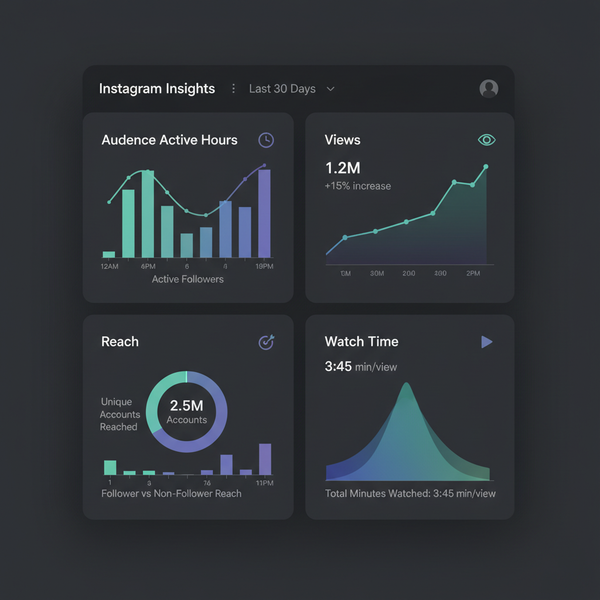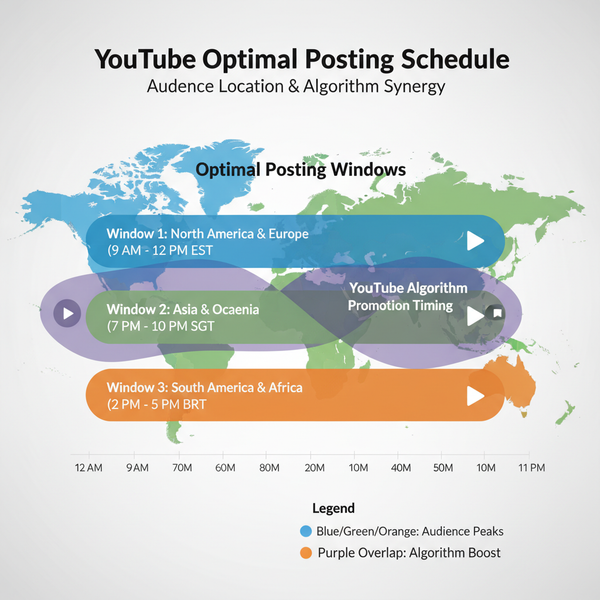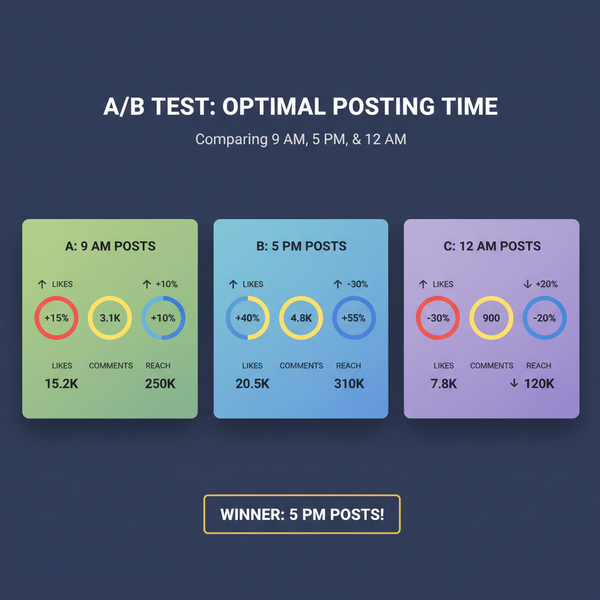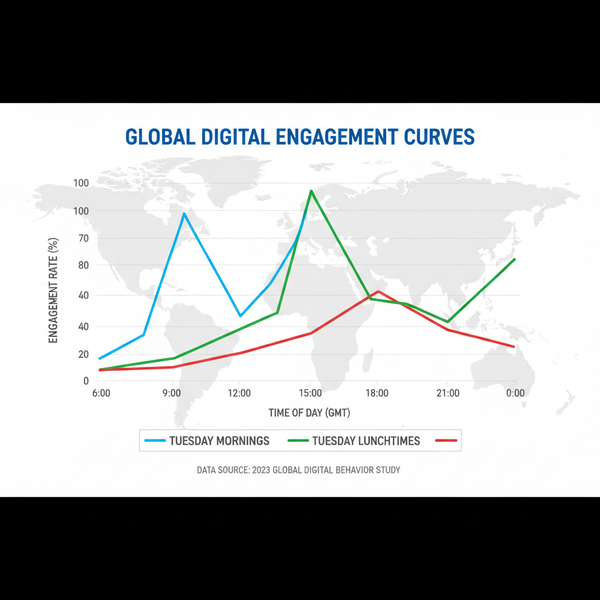Best Resolution for IG Reels to Maximize Quality and Reach
Learn the optimal resolution, aspect ratio, and export settings for IG Reels to boost clarity, engagement, and reach while avoiding compression loss.
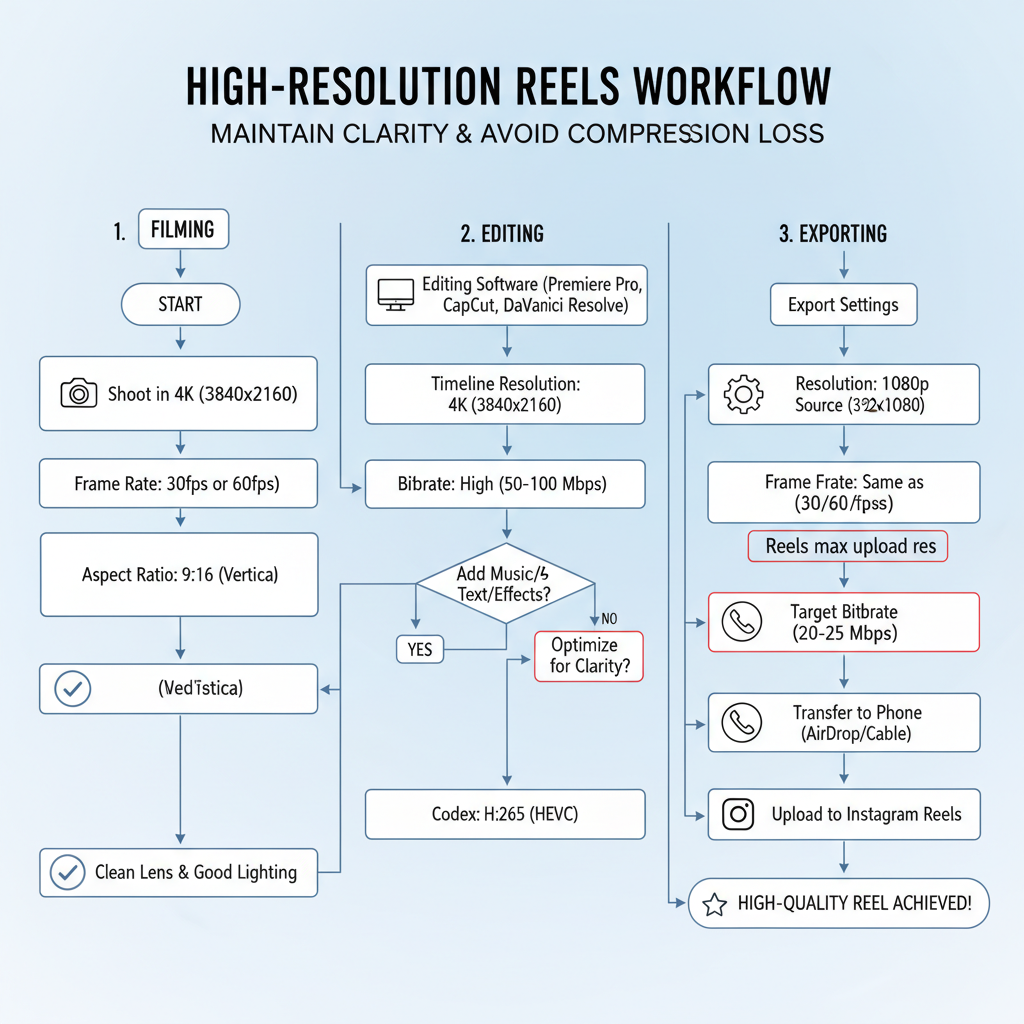
Best Resolution for IG Reels to Maximize Quality and Reach
Instagram Reels have emerged as a vital short-form video format for boosting audience engagement and driving brand visibility. Choosing the best resolution for IG Reels is key to ensuring your videos look crisp, retain viewer attention, and perform well in Instagram’s algorithm-driven Explore page. In this guide, we’ll cover recommended dimensions, aspect ratios, tips for filming and editing, and best practices to maintain top-notch quality during upload.

---
What Are IG Reels and Why Resolution Matters
IG Reels are vertical, short-form videos ranging from 15 to 90 seconds, designed for captivating mobile-first audiences. They live in a dedicated tab while also appearing in the main feed and Stories.
Resolution directly impacts:
- Visual appeal – Sharp visuals improve watch time.
- Engagement – High quality increases share potential.
- Algorithmic reach – Meets Instagram’s technical benchmarks.
- Credibility – Professional content enhances brand authority.
Low resolution introduces pixelation and blur, making viewers swipe away sooner.
---
Official Instagram Recommended Resolution & Aspect Ratio
Instagram’s official recommendations for the best resolution for IG Reels are:
- Resolution: 1080 x 1920 pixels
- Aspect ratio: 9:16 (vertical)
Adhering to this spec fills the entire mobile screen without unwanted black bars or cropping.
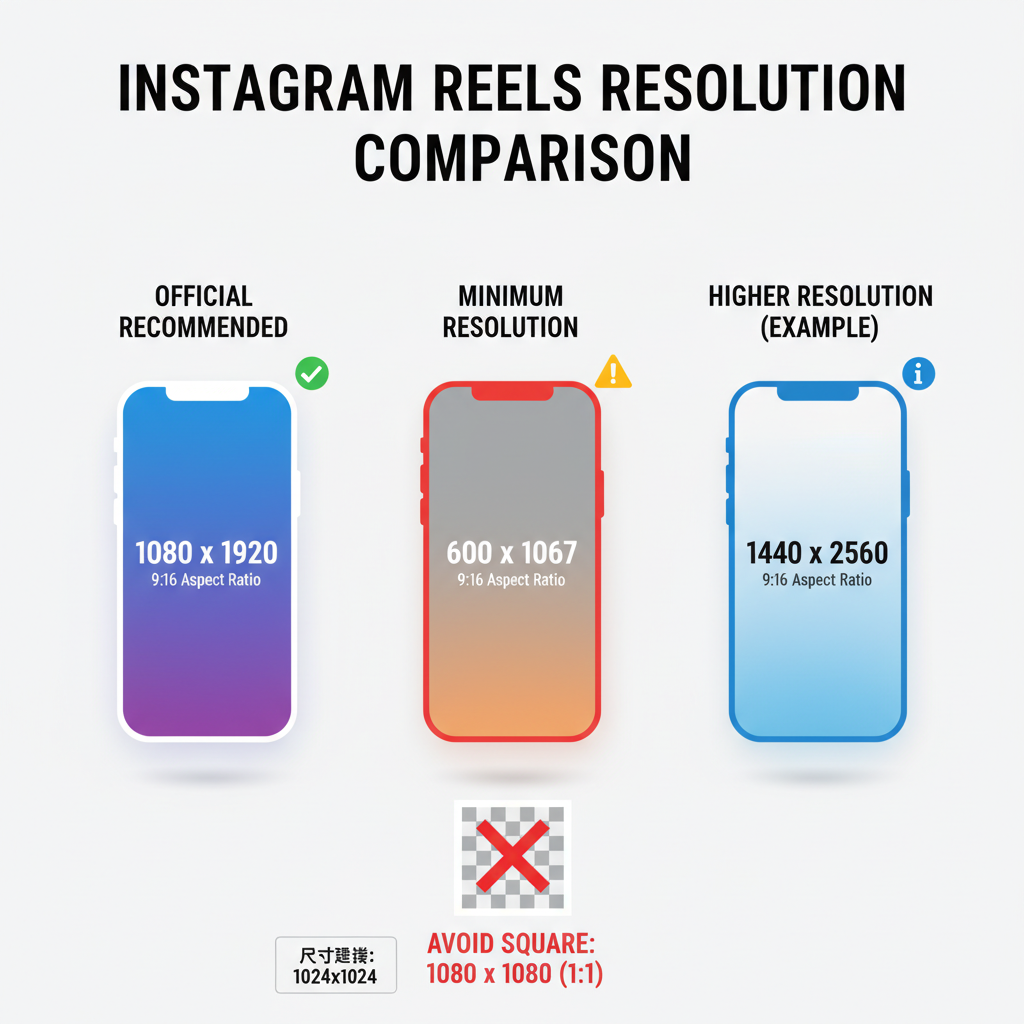
---
Minimum and Maximum Resolution Supported by IG Reels
While 1080 x 1920 is optimal, Instagram supports a range of resolutions:
| Type | Resolution | Notes |
|---|---|---|
| Minimum Supported | 600 x 1067 | Usable but noticeably poor quality, unsuitable for professional content. |
| Recommended Standard | 1080 x 1920 | Balances clarity with manageable file size. |
| Maximum Accepted | Up to 4K (2160 x 3840) | Instagram compresses; benefits of 4K uploads are reduced. |
Even with 4K uploads, playback resolution typically aligns with the 1080 x 1920 baseline after compression.
---
How Resolution Impacts Clarity, Compression, and Retention
- Clarity: Higher resolution improves text sharpness, color fidelity, and details.
- Compression: Instagram applies server-side optimization, harming low-res uploads more than high-res ones.
- Retention: Crisp visuals sustain viewer interest longer, especially on high-density smartphone screens.
Issues from poor resolution include:
- Blocky artifacts
- Soft focus
- Reduced legibility in captions or overlays
---
Tips for Filming High-Resolution Content
Capture quality footage with these practices:
- Use the rear camera – Superior sensors compared to front cameras.
- Max camera settings – Activate 1080p or 4K recording.
- Optimal lighting – Utilize natural light or diffused LEDs.
- Stabilize shots – Tripods or gimbals reduce motion blur.
- Clean the lens – Prevent smudgeinduced softness.
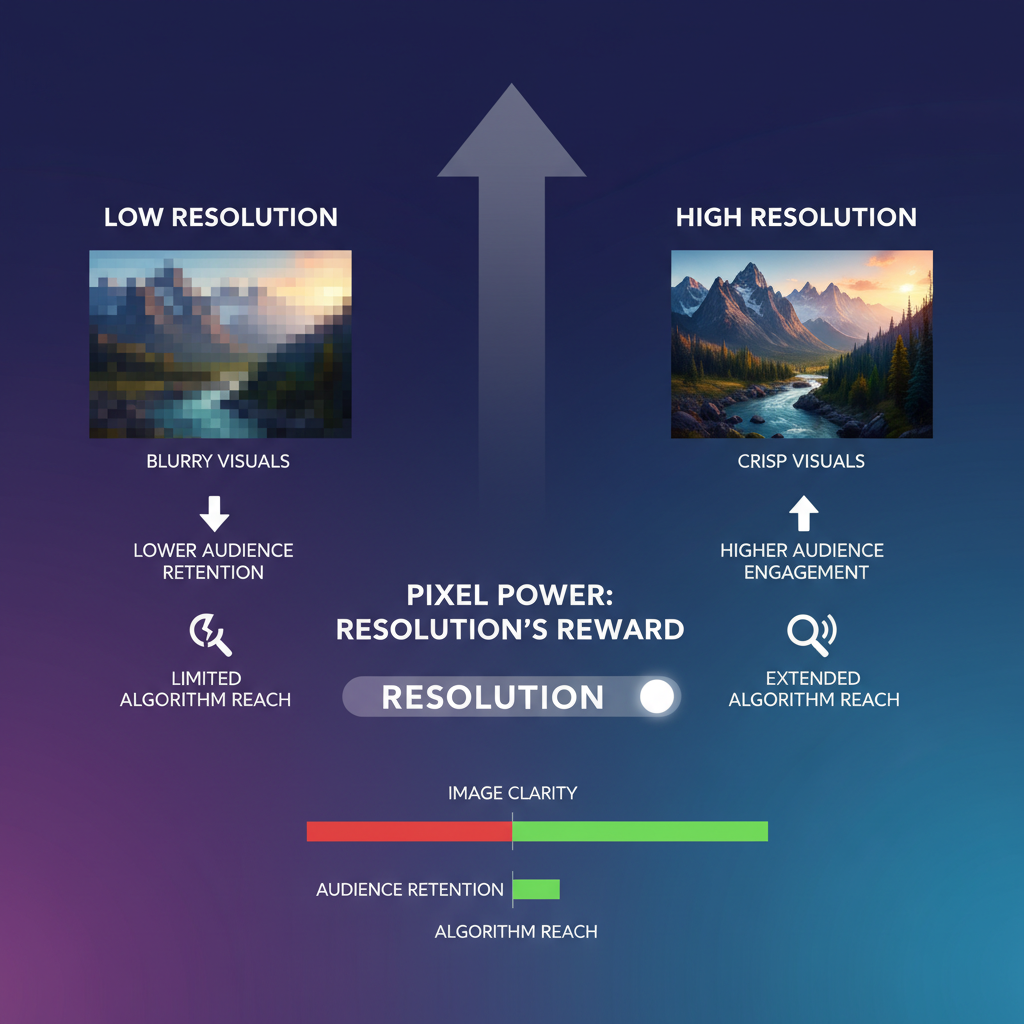
---
Editing Tools and Export Settings
Editing can make or break final resolution quality. Reliable tools include:
- Adobe Premiere Pro / Rush
- Final Cut Pro
- CapCut
- InShot
Suggested export settings for IG Reels:
- Resolution: 1080 x 1920
- Frame Rate: 30 or 60 fps
- Bitrate: 8–12 Mbps for 1080p
- File Format: MP4 (H.264 codec)
Export Preset Example:
Resolution: 1080 x 1920
Frame rate: 60fps
Format: .mp4 (H.264)
Bitrate: 10 Mbps---
Avoiding Resolution Loss When Uploading
Minimize Instagram’s compression effects by:
- Using MP4 H.264 files
- Avoiding multiple recompressions across platforms
- Uploading via reliable Wi-Fi
- Maintaining correct 9:16 aspect ratio throughout
Pro tip: Upload directly from your phone’s gallery to keep metadata intact.
---
Resolution vs. Frame Rate: Finding Balance
Resolution controls sharpness; frame rate defines smoothness. Common combinations:
| Resolution | Frame Rate | Best Use Case |
|---|---|---|
| 1080p | 30fps | Standard posts; balance quality and size. |
| 1080p | 60fps | Smooth motion for dance, sports, and action shots. |
| 4K | 30fps | Detailed footage for repurposing; limited IG benefits due to compression. |
For engagement-heavy content, 1080p at 60fps is often best.
---
Recommended Workflow to Maintain Quality
- Capture: Record at 1080p+ with strong lighting.
- Edit: Use accurate resolution presets.
- Export: Save as MP4 H.264 at optimal bitrate.
- Upload: Directly from the device app over stable internet.
- Test: Preview after posting.
---
Troubleshooting Common Resolution Issues
Blurry video – Verify export settings match 1080 x 1920 and 9:16 ratio.
Black bars – Adjust project dimensions before editing.
Soft text – Use high-resolution text assets with sufficient bitrate.
Color shifts – Edit in sRGB color space for consistency.
---
Conclusion: Your Actionable Checklist
To consistently achieve the best resolution for IG Reels:
- ✅ Capture in 1080 x 1920 at 30–60fps
- ✅ Optimize lighting and stabilize footage
- ✅ Export MP4 H.264 at 8–12 Mbps
- ✅ Keep 9:16 vertical ratio in all stages
- ✅ Upload from your device via Instagram
- ✅ Review posted video across devices
High-quality, well-prepared Reels not only draw eyes but keep them watching, helping you win the battle for attention in a saturated feed. Start applying these steps today to elevate your IG Reels’ reach and impact.

